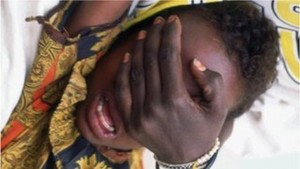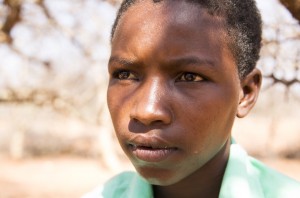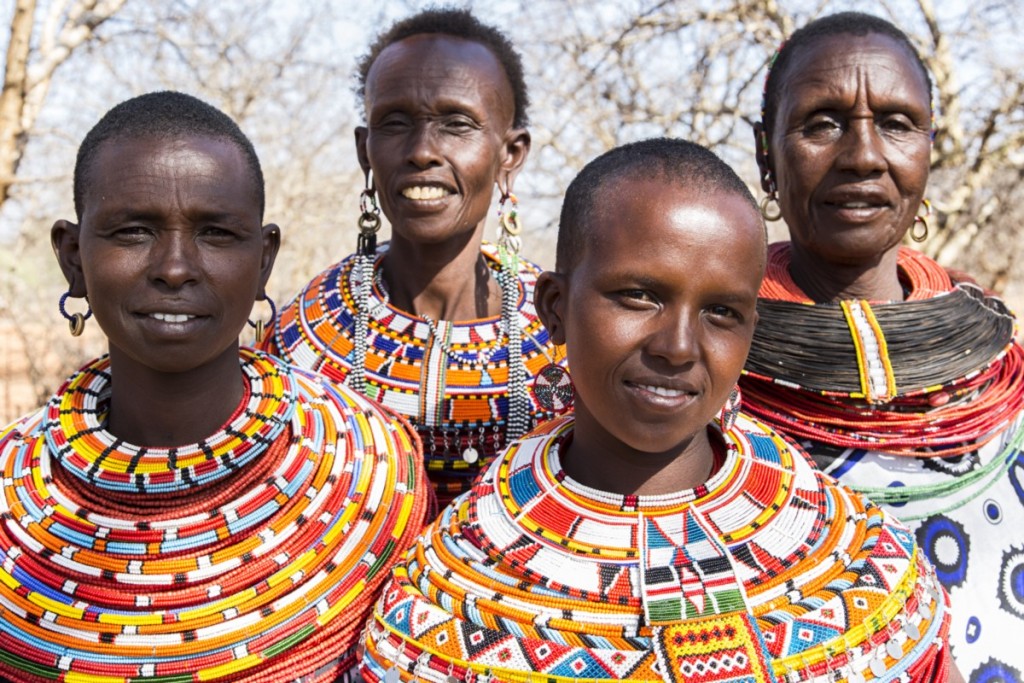Karimojong and Sebei communities practicing Female Genital Mutilation (FGM) have changed tactics of carrying out the outlawed practice.

“The archaic practice has now taken a new twist. Women are cut by Traditional Birth Attendants (TBA) after giving birth, subjecting them to double jeopardy,” Mr Jacob Wangolo, former MP for Bunyole West, reported to MPs.
He added: “Many girls practice FGM in hidden or remote places, while others cross the border via Amudat and get cut in Kenya, making it difficult to track them.”
Mr Wangolo said little has been done at the border to arrest those who take the girls to Kenya.
He was speaking during a workshop organised by Uganda Women Parliamentary Association (UWOPA) in Kampala at the weekend. Mr Wangolo urged MPs to find a solution to the problem. Data collected by the United Nations International Children Emergency Fund (Unicef) in 2014 shows an increase in the cases of FGM.
The practice is common among the Sabiny in Kapchorwa, Bukwo and Kween districts as well as the Pokot, Tepeth and Kadam in Nakapiripirit and Amudat districts. The study shows that FGM increased from 0.6 per cent in 2006 to 1.4 per cent in 2011. In Karamoja sub-region, the rate slightly decreased from 2.4 per cent in 2006 to 2.3 per cent in 2011.
Among the Pokot, FGM is high at 95 per cent and stands at 50 per cent among the Sabiny.

According to Unicef, a total of 86 FGM cases were reported in Karamoja sub-region between January and October last year in comparison to 30 cases reported in 2013. FGM is now a crime under the Prohibition of FGM Act, 2010, that outlaws all procedures involving partial or total removal of external female genitalia for non-therapeutic reasons.
Ayivu County MP Benard Atiku said scaling up women empowerment will help end the vice.
“Support education of the girl- child. An empowered girl-child will not suffer from such vices,” he said.
Buyende District Woman MP Veronica Kadogo said Uganda has the relevant laws against such acts but the problem lies in implementation.
“We have good laws but the problem is implementation. For instance the law is clear on defilement but all we see are parents negotiating with defilers,” she said.
According to Uganda Demographic and Health Survey 2011, 56 per cent of women in Uganda suffered domestic violence.

